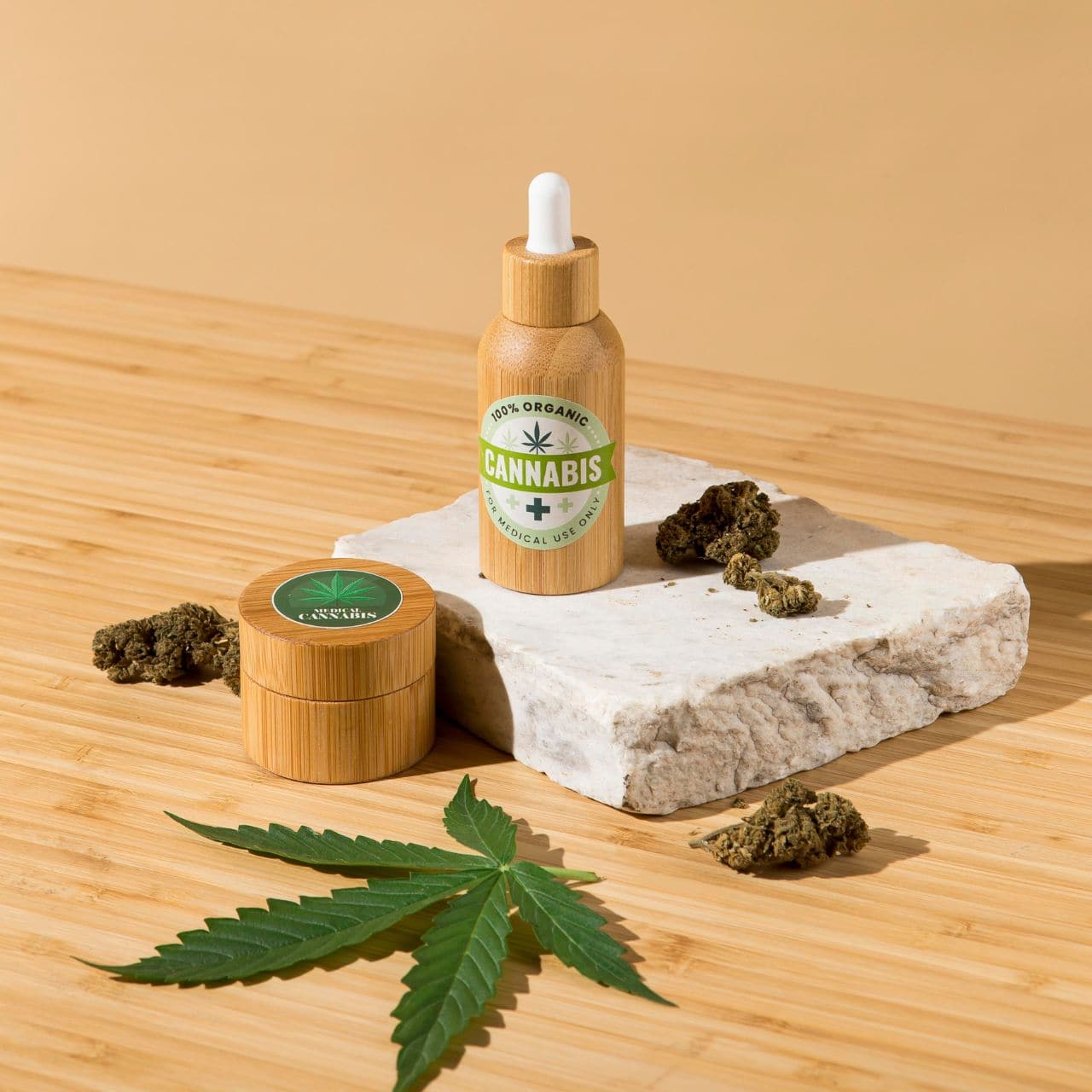
Is THC Legal in Georgia
Yes, THC products are conditionally legal in Georgia
 Conditionally Legal
Conditionally Legal

Yes, THC is legal in Georgia, but only for medical use. In 2015, Georgia enacted HB 1, also known as the Haleigh’s Hope Act, which legalized the use of low-THC oil (with a maximum of 5% THC) for patients with specific qualifying medical conditions. In 2019, the state expanded this law to allow the production and distribution of low-THC cannabis oil.
To access low-THC oil legally, patients must obtain a medical marijuana card by providing documentation from a physician who is registered with the Georgia Department of Public Health. The qualifying conditions include serious medical issues like cancer, epilepsy, and multiple sclerosis, among others.
Recreational use of marijuana, including THC products, remains illegal in Georgia, and possession of marijuana for non-medical purposes can result in legal penalties. Therefore, only individuals who have a valid medical marijuana card can legally access and use low-THC cannabis oil in the state.
THC, or tetrahydrocannabinol, is a psychoactive cannabinoid primarily found in the cannabis plant. In Alabama, THC is legal only for medical use through the state’s medical marijuana program. To access THC products, patients must have a qualifying medical condition and obtain a prescription from a licensed healthcare provider.
THC interacts with the body’s endocannabinoid system by binding to CB1 and CB2 receptors, which are integral to the central and peripheral nervous systems. This interaction influences various physiological processes, such as mood, pain regulation, and appetite. The effects of THC can include euphoria, altered perception, and relaxation, with intensity varying based on individual metabolism and dosage.
In Alabama, THC products are available in various forms, including oils, capsules, and edibles, through state-licensed dispensaries. Patients must familiarize themselves with local laws regarding possession limits and the types of products available. Before purchasing any THC products, always review lab test results to ensure accurate labeling and safety.
If you want to learn more about THC in general, check out our THC Resource Center.
To buy THC products in Georgia, you must be at least 18 years old and possess a valid medical marijuana card. This card allows individuals with qualifying medical conditions to legally purchase low-THC oil (with a maximum of 5% THC) from licensed dispensaries.
Minors below the age of 18 years can be qualified for the use of medical marijuana if they are suffering from a qualifying medical condition, but they must have a designated caregiver- usually a parent or a legal guardian- who can apply for the medical card and buy the product on their behalf.
No, patients with a valid medical marijuana card can use low-THC oil for their medical conditions, but they must consume it in forms other than smoking, such as oils, tinctures, or capsules. Violating the smoking prohibition can result in legal penalties. Therefore, while medical marijuana is accessible in Georgia, patients need to adhere to the regulations regarding consumption methods.
Yes, THC products in Georgia are required to undergo third-party testing, but this applies specifically to low-THC oil. The Georgia Access to Medical Cannabis Commission oversees the production and distribution of low-THC cannabis oil, and licensed manufacturers must adhere to strict quality control standards.
These regulations mandate that low-THC oil be tested by independent laboratories to ensure that it meets safety, quality, and potency standards. Testing typically evaluates factors such as THC and CBD concentrations, as well as the presence of contaminants like pesticides, heavy metals, and harmful microorganisms.
This rigorous testing process is designed to protect patients and ensure that the low-THC oil available for medical use is safe and accurately labeled. However, it’s important to note that while low-THC oil is regulated, smoking marijuana flower remains illegal in Georgia, so the testing requirements primarily focus on the oil products available to registered patients.











